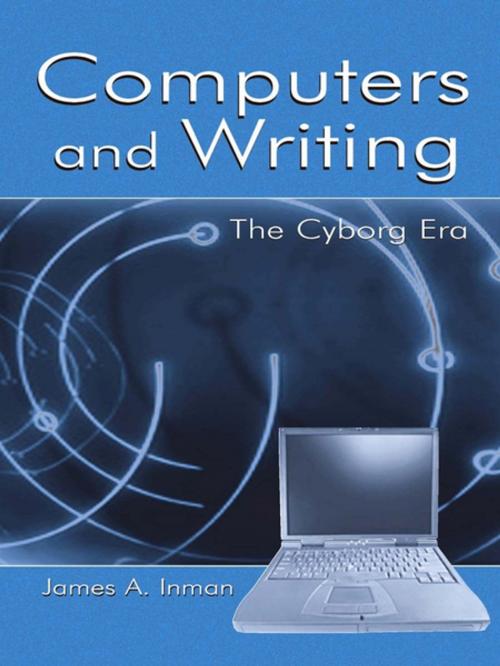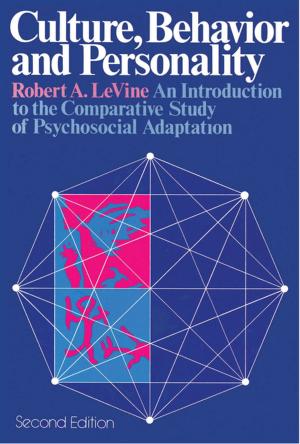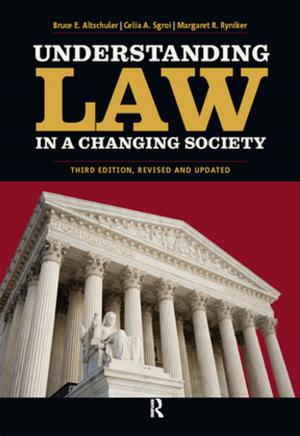Computers and Writing
The Cyborg Era
Nonfiction, Reference & Language, Education & Teaching, Teaching, Computers & Technology, Language Arts, Communication, Writing & Publishing, Composition & Creative Writing| Author: | James A. Inman | ISBN: | 9781135636944 |
| Publisher: | Taylor and Francis | Publication: | April 13, 2004 |
| Imprint: | Routledge | Language: | English |
| Author: | James A. Inman |
| ISBN: | 9781135636944 |
| Publisher: | Taylor and Francis |
| Publication: | April 13, 2004 |
| Imprint: | Routledge |
| Language: | English |
In this book, James A. Inman explores the landscape of the contemporary computers and writing community. Its six chapters engage critical issues, including redefining the community's generally accepted history, connecting its contemporary innovators with its long-standing spirit of innovation, advocating for increased access and diversity, and more. Between chapters, readers will find "Community Voices" sections, which provide a snapshot of the contemporary computers and writing community and introduce, in a non-hierarchical form, more than 100 of its members from around the world, in their own voices.
Computers and Writing: The Cyborg Era features a simultaneous emphasis on individuals, communities, and contexts they share; a creative rethinking of the character and values of the computers and writing community; a holistic exploration of meaning-making; and an activist approach to pedagogy. It is a must-read book for anyone interested in rhetoric, technology, and pedagogy, including faculty, graduate students, and colleagues in professions outside the academy.
In this book, James A. Inman explores the landscape of the contemporary computers and writing community. Its six chapters engage critical issues, including redefining the community's generally accepted history, connecting its contemporary innovators with its long-standing spirit of innovation, advocating for increased access and diversity, and more. Between chapters, readers will find "Community Voices" sections, which provide a snapshot of the contemporary computers and writing community and introduce, in a non-hierarchical form, more than 100 of its members from around the world, in their own voices.
Computers and Writing: The Cyborg Era features a simultaneous emphasis on individuals, communities, and contexts they share; a creative rethinking of the character and values of the computers and writing community; a holistic exploration of meaning-making; and an activist approach to pedagogy. It is a must-read book for anyone interested in rhetoric, technology, and pedagogy, including faculty, graduate students, and colleagues in professions outside the academy.















